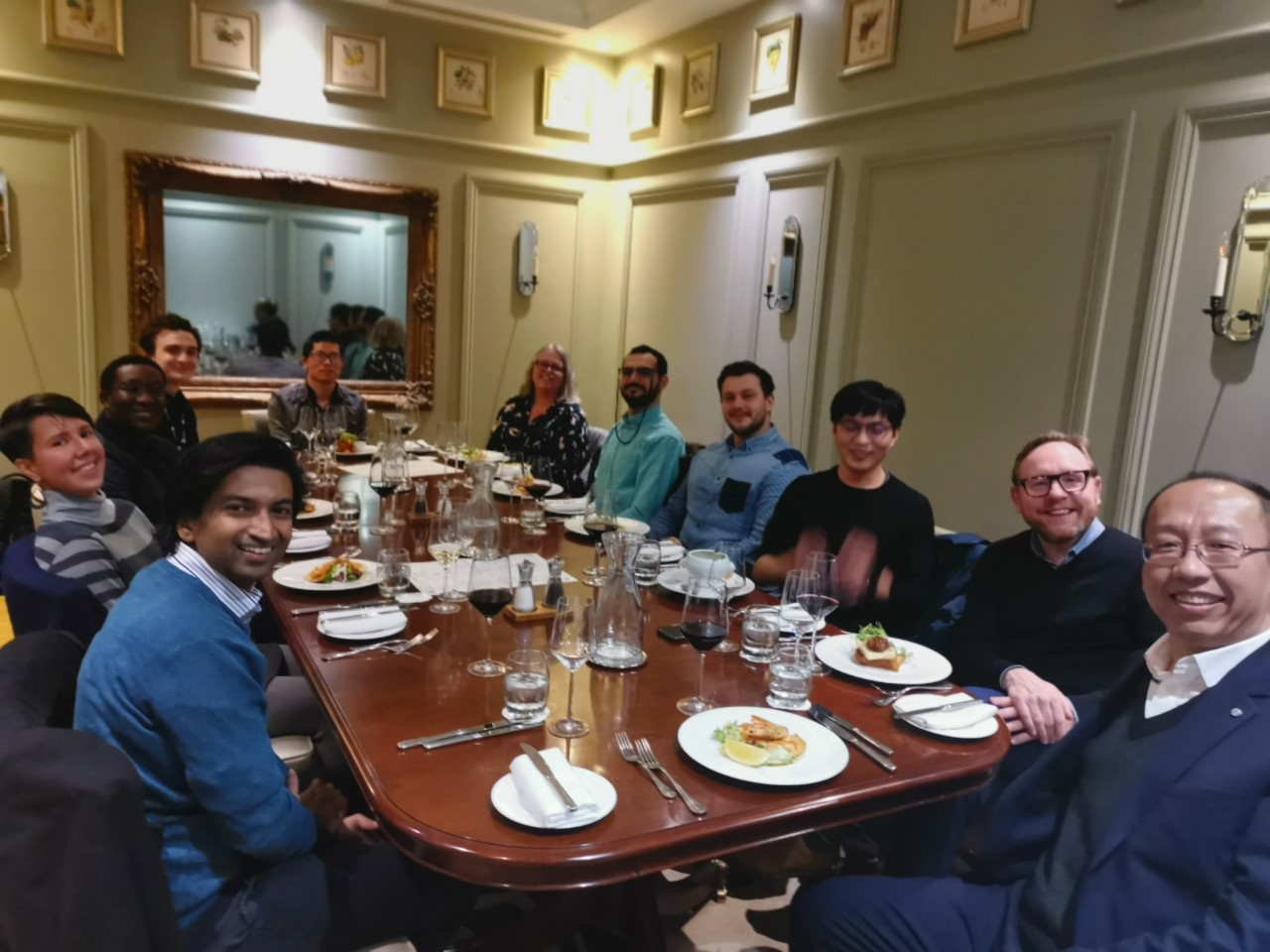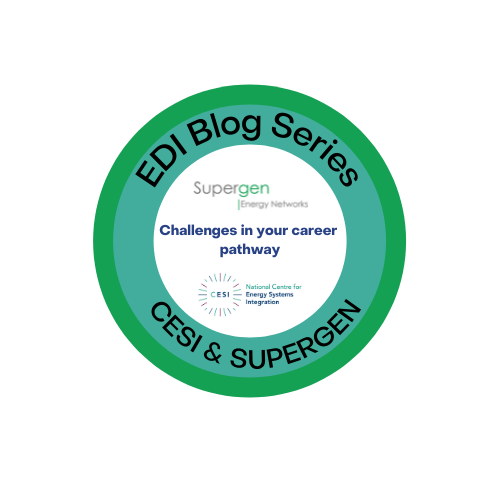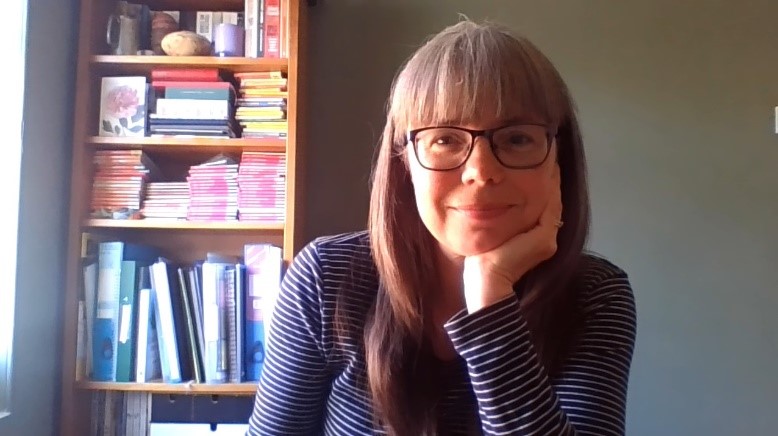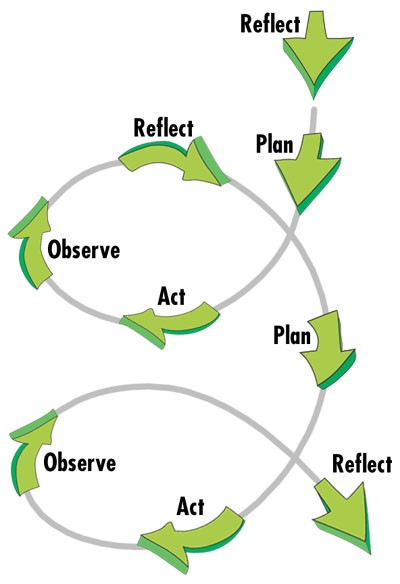Attendees- Phil Taylor, Jianzhong Wu, Muditha Abeysekera, Jack Dury, Sian Allister, Laiz Souto, Daniel Carr, Yang Gao, Wei Gan, Amirreza Azimipoor, Nicolas Manea, Andreas Elombo, Nick Jenkins (virtual attendance).
Workshop Summary
At the previous Supergen Research Assistant (RA) meeting, held in Bristol, it was agreed by all that similar meetings between researchers should take place in the near future. The opportunity to keep up to date with the research of colleagues helped to foster a sense of community across the Supergen research network. Furthermore, the opportunity for the RAs to present their work and receive feedback was seen as very valuable.
On the 11th of February, University of Bristol researchers were hosted at the University of Cardiff’s School of Engineering for a follow up workshop. The purpose of this workshop was to:
- Keep colleagues up to date with new research project developments.
- Identify collaboration opportunities from across the Supergen network and beyond.
- Agree on the next steps to take to advance the progress of collaborative work.
To begin the workshop, RAs took turns to discuss the development and progress of their research projects. After each talk, there was an opportunity for questions and feedback. The benefits of working alongside academics with diverse research interests were clear, with advice being based on a range of experiences.
After summarizing their projects, attendees were eager to explore how their research overlapped, and the possible collaborative projects they could work on.
Early in the discussion, it became clear that there was a lot of scope for collaborative work on Microgrids. Several researchers were either working directly on Microgrids or on topics pertinent to microgrid development. Researchers from both Bristol and Cardiff committed to exploring microgrid topics together. Moreover, roles for external partners were discussed, to further expand the Supergen network. There was also a lot of excitement about the promise of hydrogen tech in multi-vector network futures. With many RAs working in relevant areas, it was decided that future collaborative work should address pressing research questions. During this discussion, a detailed diagram of the RAs expertise and current projects was created to illustrate the potential for research cooperation. This diagram (subsequently shared with attending RAs) demonstrated the breadth of research skills within the network and opportunity to form complex research groups.
After the group discussion, several specific actions were decided upon. Most notably, it was decided that:
- RAs, whose research overlaps, will work closely on projects addressing a range of energy networks issues/questions.
- There will be a renewed effort across the Supergen hub to share research, data and models.
- RAs collaborative research papers would be presented in a special issue of Applied Energy.
- A new collaborative paper will be written on an energy networks issue identified during the meeting.
The attendees from Bristol were also treated to a tour of Cardiff’s Laboratory facilities and a behind the scenes insight into some of the experiments currently taking place. The day ended with a visit to a restaurant in Cardiff Bay where, naturally, energy networks discussions continued. The Bristol team will visit Bath soon for a similar workshop to expand Supergen’s existing collaboration plans.



